A stunning Korean novel, philosophy, the death of truth, and understanding the suffering of Job… I had a good month of reading in March with just a couple of disappointments. I hope (1) you’ll find something interesting from my reading list and (2) you’ll share what you read.
Not pictured FICTION:
Firebreak (Parker #20, 2001) Richard Stark
Firebreak contains one of the most exciting opening lines in any Parker novel, but the book quickly becomes problematic. A remote hunting lodge in Montana contains plenty of valuable items, yet Parker and his gang discover a hidden room filled with priceless paintings that make everything else seem like yard sale relics. Early 2000s computer technology features prominently, and even if Parker doesn’t understand it all, his new partner Larry does. Yet Larry has issues. Like Flashfire, Parker doesn’t act as consistently as he does in earlier books, working with people he knows he shouldn’t work with and softening as a character. Firebreak is a disappointing entry in the Parker canon, but it’s still entertaining.
From the photo FICTION:
We Do Not Part (2021/2025) Han Kang
When Kyungha receives a desperate message from her friend Inseon, she is ready to do anything to help. Hospitalized in Seoul after a terrible injury, Inseon has an urgent and strange request that Kyungha is reluctant to fulfill, a request that may test their friendship and lead to consequences Kyungha can’t even imagine. I could not stop reading this tremendous novel recommended by my coworker M. Highly recommended!
Vertigo (1954) Boileau-Narcejac (Geoffrey Sainsbury, translator)
I wonder how many people would read or discuss this Pierre Boileau/Thomas Narcejac thriller if not for Alfred Hitchcock’s 1958 adaptation. It’s unfair to compare the two, yet impossible not to. Hitchcock’s screenwriters, Alec Coppel and Samuel Taylor, cut the novel’s many areas of repetition and softened the unlikable aspects of the protagonist Flavieres (Scottie Ferguson, played by James Stewart). Postwar France is also a character in the novel, a fresh and powerful device that the film lacks. The novel is enjoyable, but I can’t stop thinking about Kim Novak stepping out of the neon fog of the hotel room as Scottie awaits her.
From the photo NONFICTION:
Pensées (1670) Blaise Pascal (A.J. Krailsheimer, translator; a different edition pictured here)
Pascal, a mathematician, physicist, and contemporary of Descartes, wrote this unfinished (and somewhat scattershot) collection of fragments of notes and essays. The work focuses largely on Christianity and ethics, but it is also a sobering look at what it means to be human.
The Intelligent Reader’s Guide To Reading: How To Read A Book The Right Way For Stronger Comprehension And Better Recall (2023) Thinknetic
Although Thinknetic appears to be a collective tag for a group of people working for the company, Founder and CEO Michael Meisner’s name appears first in the “Team Behind Thinknetic” listing. The whole thing gives me an odd vibe, but let’s get to the book itself, which is intended as a more approachable alternative to Mortimer Adler’s classic How to Read a Book (1940, revised in 1972). Reading comprehension is the main goal of this Thinknetic publication, but the book also focuses on reading memory, discernment, and engagement with suggested tools for each concept. Even though it seems to have been written by a committee (or by AI), I found much of it useful.
Job: The Wisdom of the Cross (2014) Christopher Ash
I’ve always been fascinated and frustrated by the Book of Job, but Ash’s readable commentary clears up many messy questions and concepts, such as why life is so hard and why Job’s suffering seems unfair and even cruel. Ash also caused me to reflect on the wonder and cosmic nature of the Book of Job, which always points to Christ. I’m recommending this volume for many people (like me) who often have difficulty making sense of suffering.
==========================================================================
These next two books should be read back-to-back. They both overlap with big problems that continue to grow larger. They are essential reading, and I urge you to read both.
The Death of the Truth: How Social Media and the Internet Gave Snake Oil Salesmen and Demagogues the Weapons They Needed to Destroy Trust and Polarize the World – and What We Can Do About It (2024) Steven Brill
How do we know what’s true anymore? We’ve all had discussions and disagreements about various topics, and at some point, you’ll hear (or maybe say yourself), “That’s your truth. Here’s mine…” or something similar. Brill shows how our culture has taken this concept and run with it in ads, politics, social media, AI, and more. The consequences are sobering and chilling.
AI Snake Oil: What Artificial Intelligence Can Do, What It Can’t, and How to Tell the Difference (2024) Arvind Narayanan, Sayash Kapoor
Speaking of truth, authors Narayanan (professor of computer science at Princeton and the Director of the Center for Information Technology Policy) and Kapoor (a Ph.D. candidate at Princeton) separate the truth from the hype around AI, helping readers understand how AI works, what it can and can’t (and will never be able to) do, and why the biggest problem isn’t necessarily the tech, but the people behind it. Since I work at a college, I was very put off early in the book by their quick dismissal of how AI impacts education, but they appear to backtrack a bit later.
That’s what my month looked like. The comments are open, so please tell us what you recommend and what to avoid.




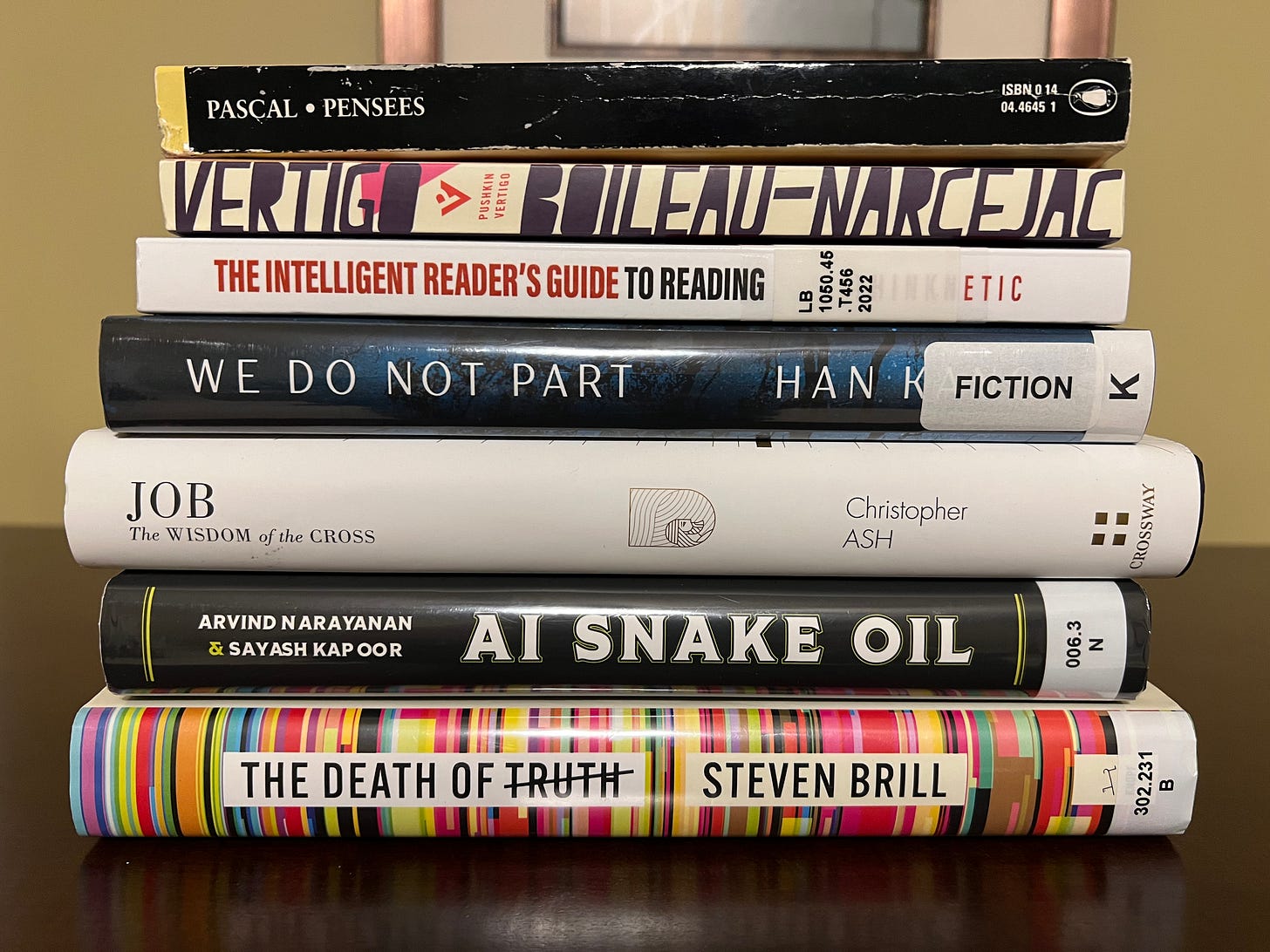

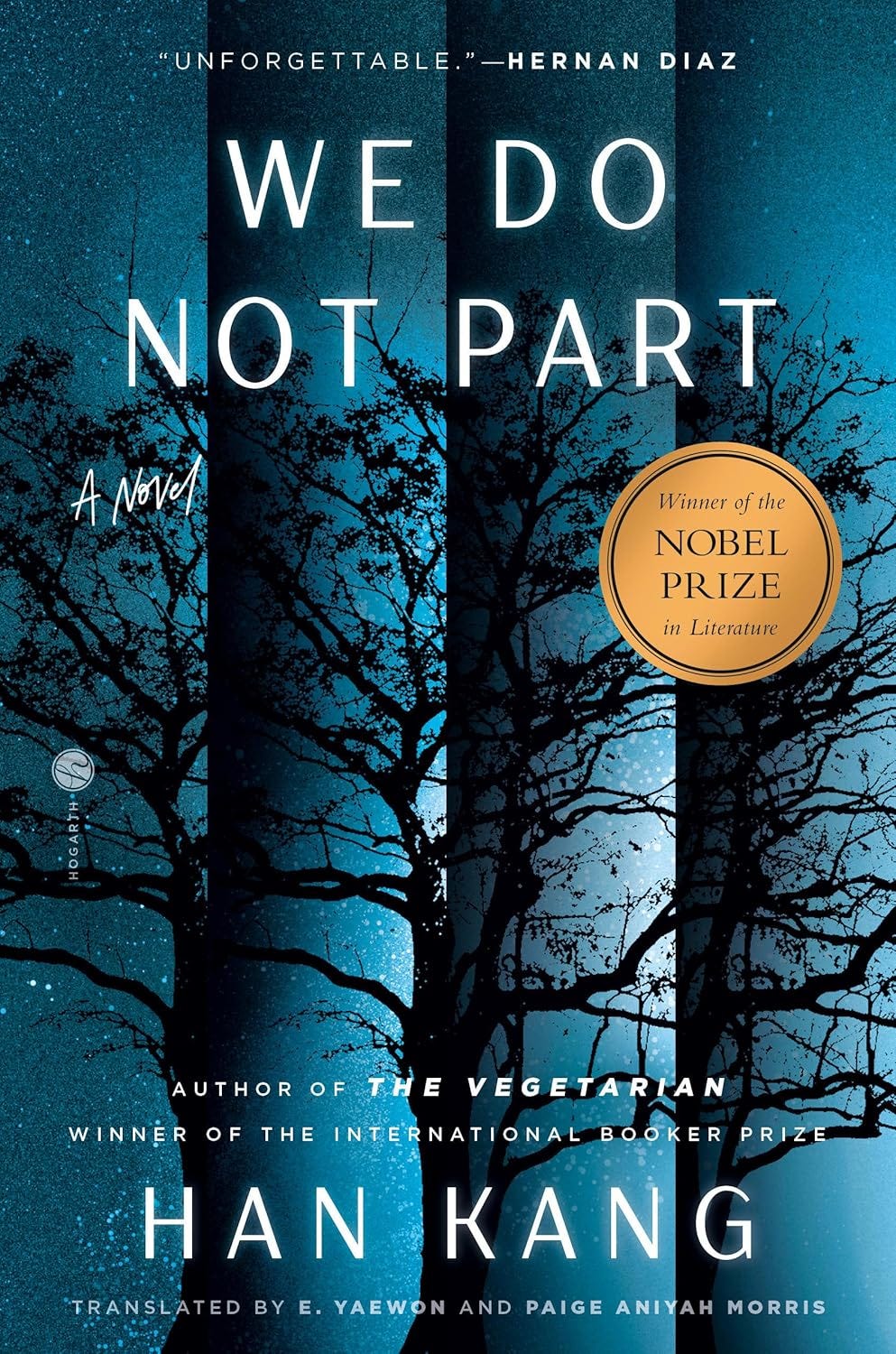
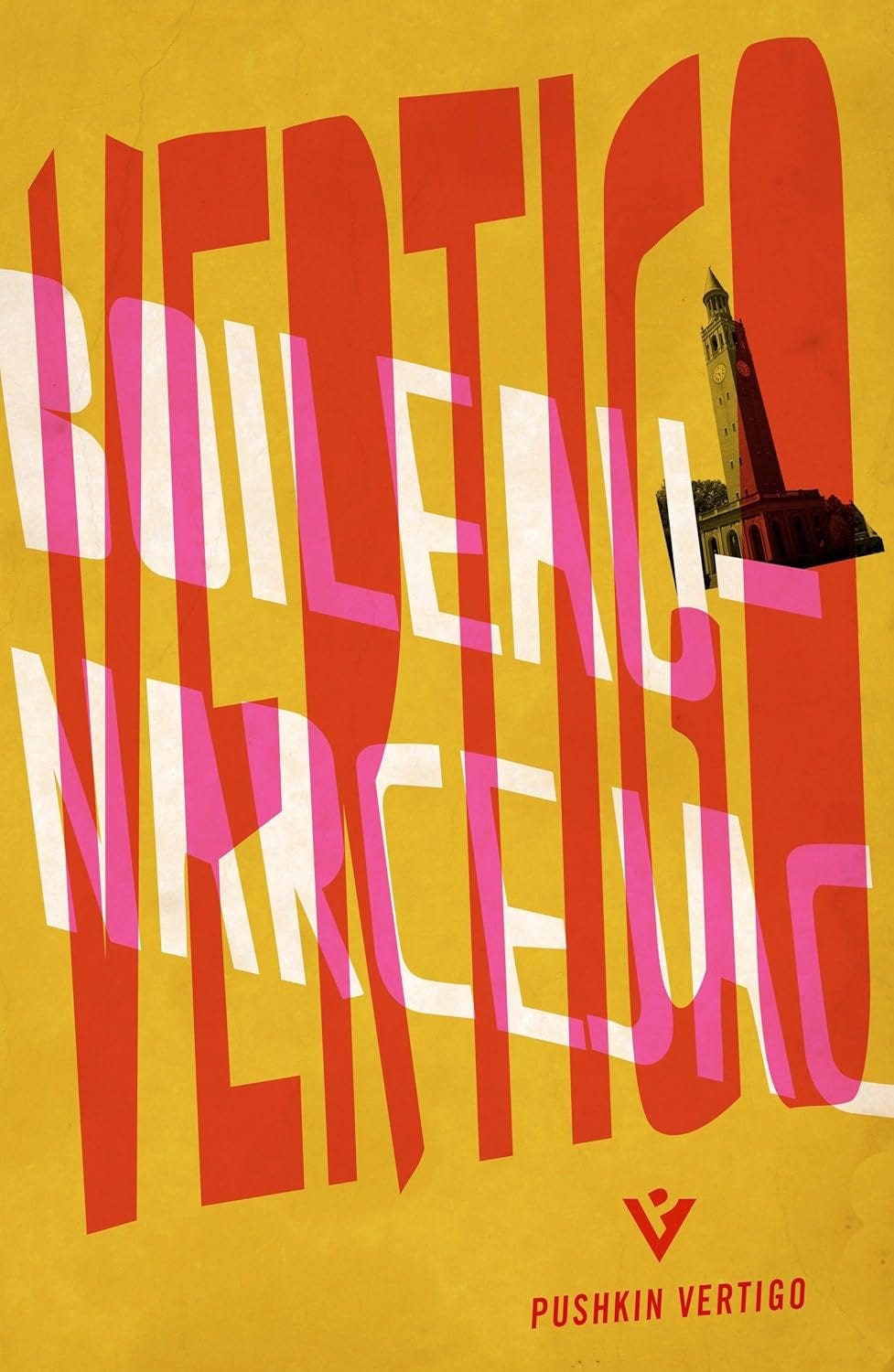
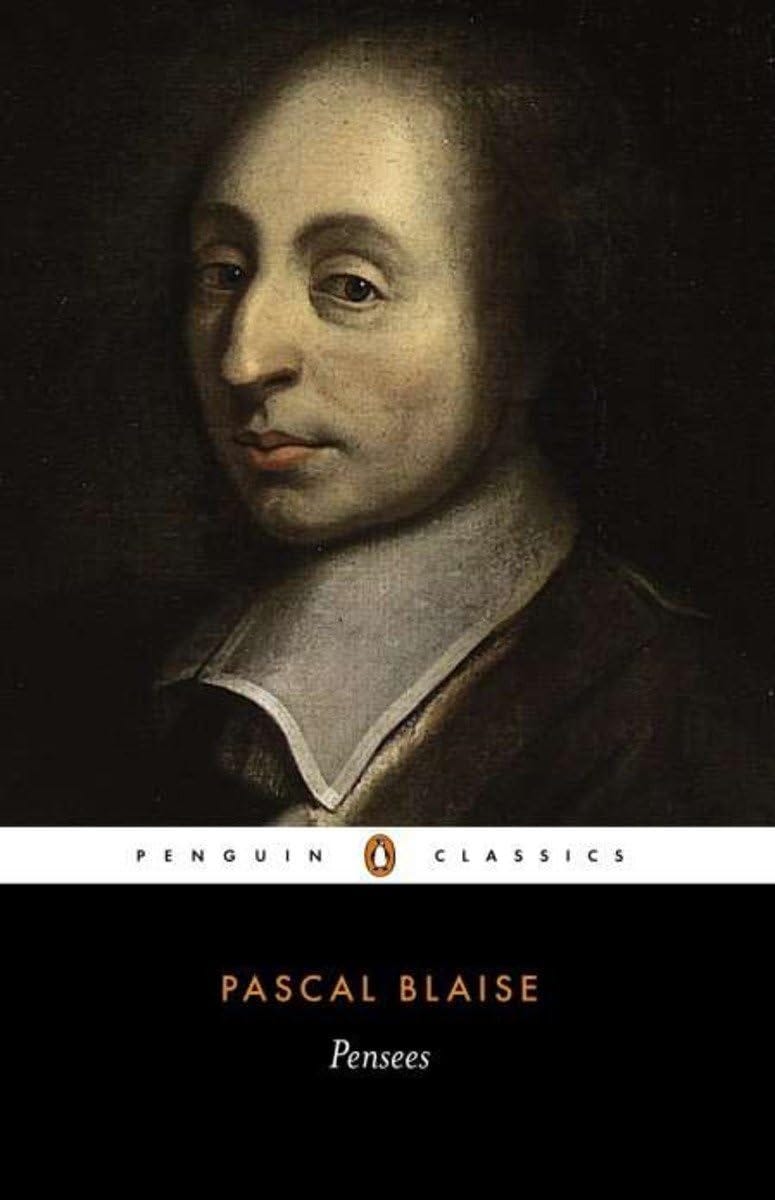
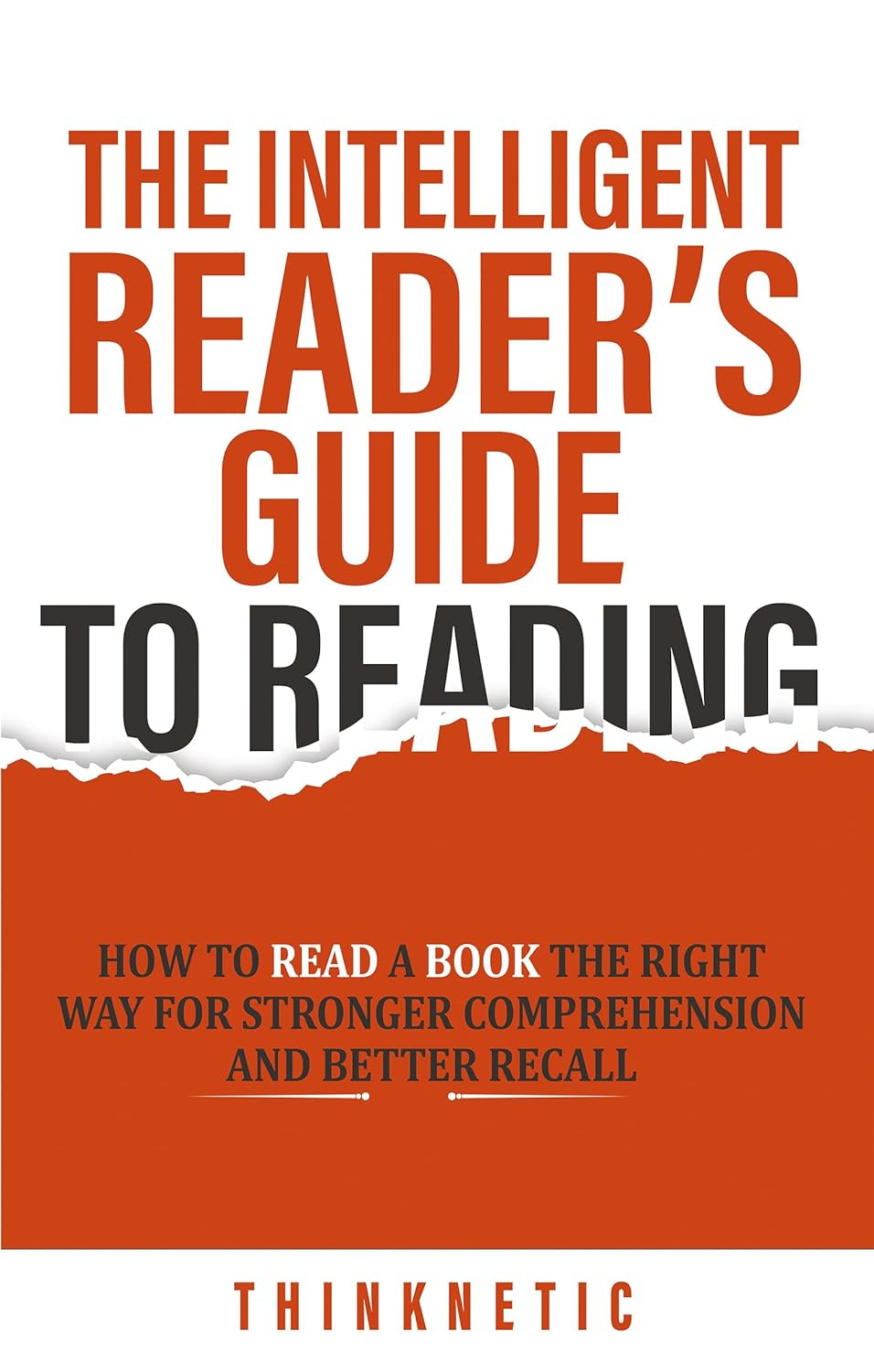

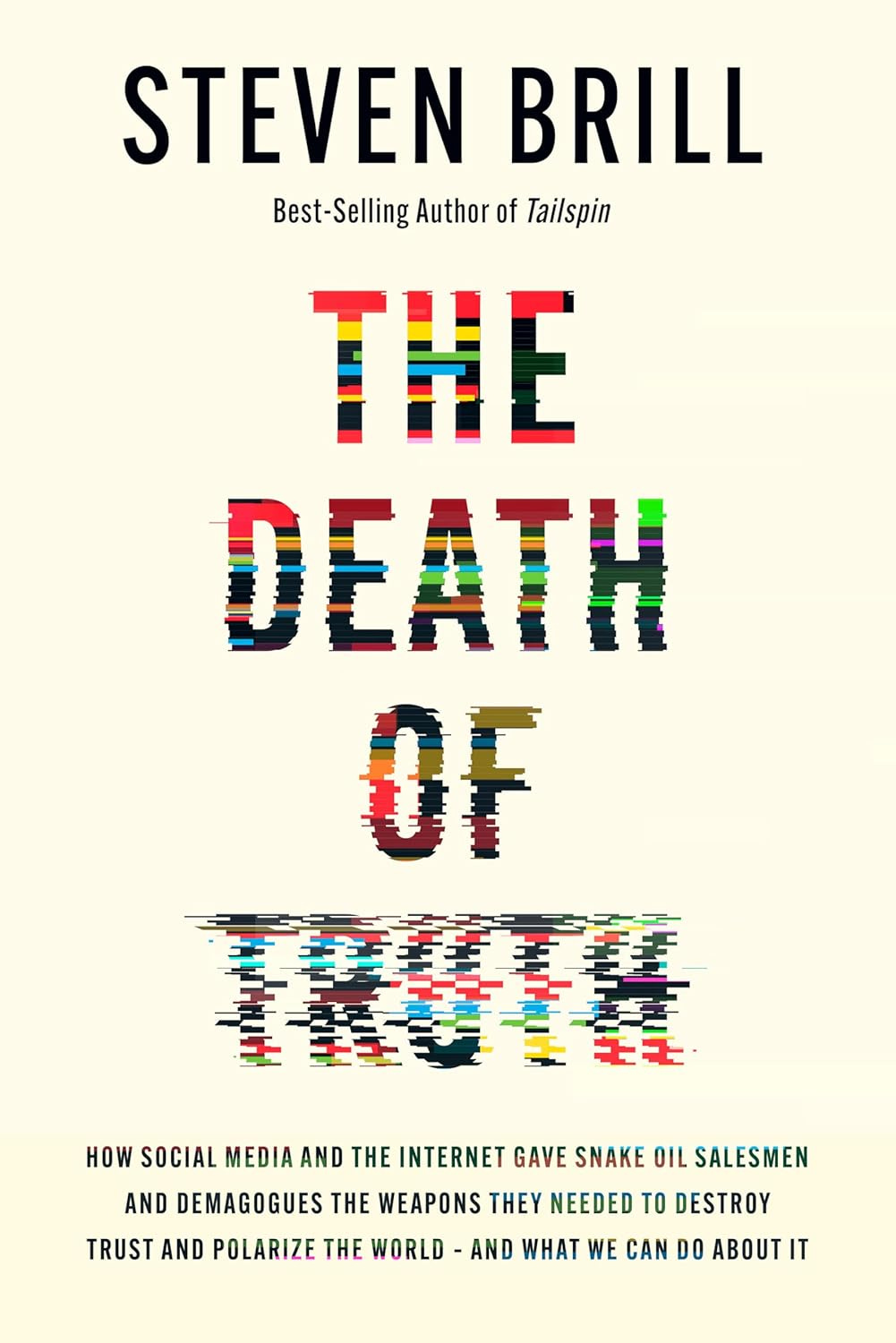

Interesting selection! And an impressive amount! I finished The Accursed (JC Oates) . It spoiled me for other books! I have Naked Lunch next in line.
Sharing right back . . AI Snake Oil, The Situation and the Story (V. Gornick), My Prison Walls (GG Allin), Any Person is the Only Self (Elisa Gabbert) A Farewell to Arms (Hemingway), Nausea (Sartre), My Year of Rest and Relaxation (Otessa Moshfegh)